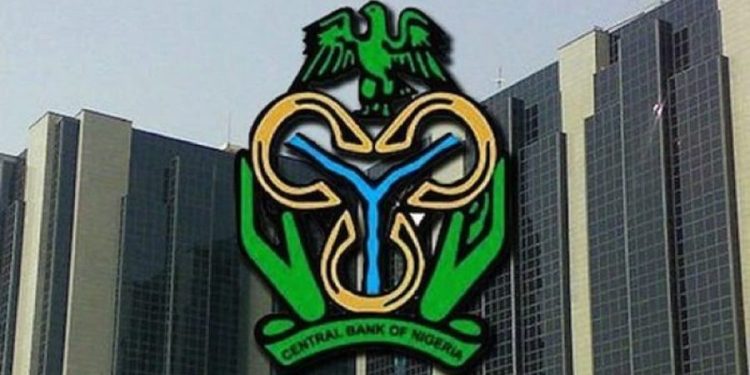The proposal to amend the 2007 Central Bank of Nigeria (CBN) Act successfully passed its second reading during a session in the Nigerian Senate. Introduced by Senator Adetokunbo Abiru, the Chairman of the Senate Committee on Banking, Insurance, and Other Financial Institutions, the bill received its initial reading on Tuesday, January 30, 2024.
Senator Abiru, affiliated with the APC – Lagos East, took the lead in sponsoring the bill, with the support of forty-one committee members from Banking, Insurance, and other Financial Institutions. During the debate, Senator Abiru emphasized that the amendments aimed to enhance the authority of the apex bank, aligning with section 2 of the Act to fulfill its primary mandates.
He underscored the necessity for updates, stating, “The current Act of 2007 has remained unchanged for over 16 years, despite the evolving financial landscape and challenges faced by the Bank in monetary policy implementation due to fiscal dominance.”
Senator Abiru elaborated on the proposed amendments, emphasizing the establishment of a Coordinating Committee for Monetary and Fiscal Policies to ensure consistent targets promoting economic growth and controlling inflation. The committee’s members would include the Minister of Finance (Chairman), Minister of Budget and Economic Planning, Minister of Industry Trade and Investment, Minister of Agriculture, Governor of the Central Bank of Nigeria, Chief Economic Adviser to the President, and Director-General of the Securities and Exchange Commission.
Additionally, the bill suggested a single six-year term for the CBN governor and deputy governors, and a five-year non-renewable term for external directors. It recommended the promotion of at least one career staff member to the position of Deputy Governor from within the bank.
The bill further proposed the establishment of the office of a Chief Compliance Officer for the Bank, with a rank equivalent to a Deputy Governor, reporting directly to the board and occasionally appearing before the National Assembly’s relevant committee.
Addressing fiscal matters, the bill suggested limitations on advances the apex bank could grant to the Federal Government, capped at 10% of average government actual revenues over the preceding three years. Excluding proceeds from asset sales in determining actual government revenue, the bill emphasized a three-month repayment period for temporary loans.
To mitigate default risks, any outstanding sums after the credit period’s expiration would be recovered from the proportion of the Federal Government’s FAAC Receipts, as proposed by the bill.
In addition to these changes, the Senate Committee on Banking, Insurance, and Other Financial Institutions screened four CBN director nominees: Robert Agbede, Ado Yakubu Wanka, Prof. Muritala Saba Sagaji, and Muslimat Olanike Aliyu.
